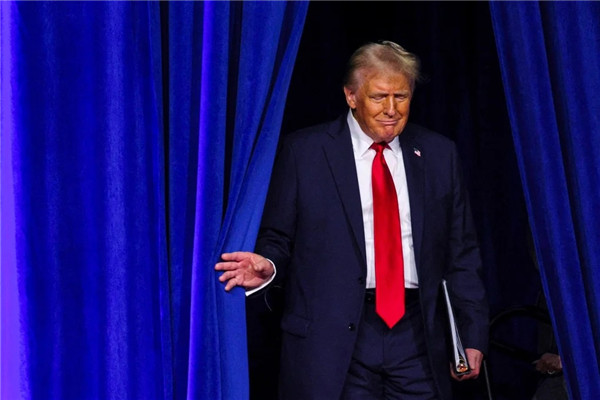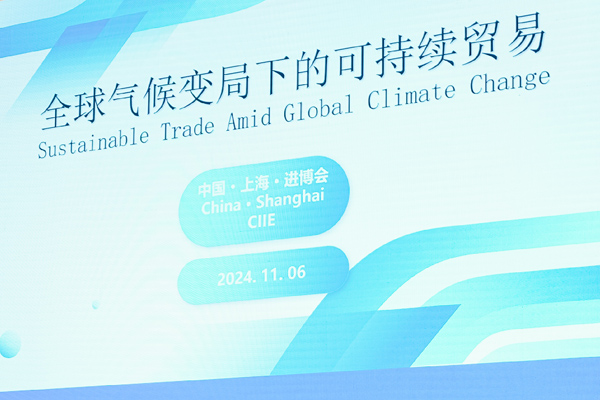President of US National Foreign Trade Council visits CCG, raises concerns about impact of US trade policies
November 05 , 2018On October 28, CCG hosted a seminar featuring visiting Rufus Yerxa, President of the US National Foreign Trade Council (NFTC) and former Deputy Director General of World Trade Organization (WTO). Entitled “Trade Policy under President Trump – Implications for China and the World”, the discussion was chaired by CCG President Wang Huiyao.
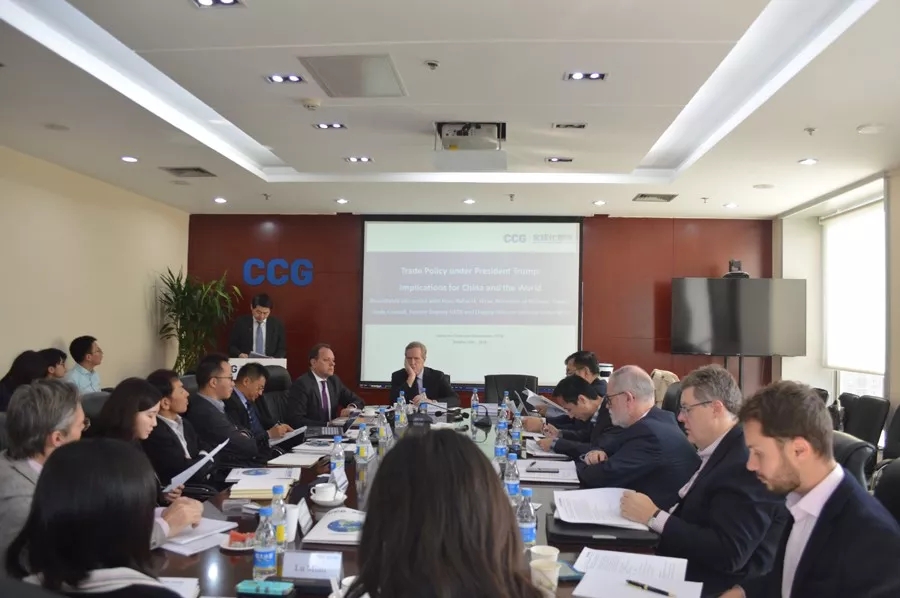
Since President Trump took office, the international trading order has been subject to dramatic changes that have had a major impact on the global economy, global value chains, and multilateralism. Recently, in Ottawa, 12 WTO members and the EU issued a Joint Communiqué of the Ottawa Ministerial on WTO Reform. At this crucial time for the international trading system, CCG invited a group of government officials, experts, and scholars hailing from Asia, North America, and Europe to discuss WTO reform and associated issues.
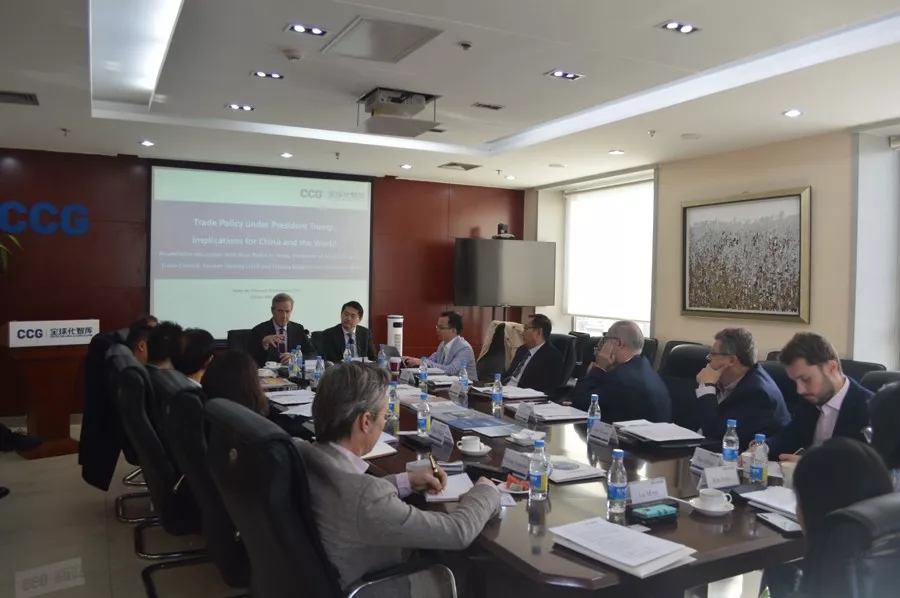
This included Ricardo Melendez-Ortiz, co‐founding CEO of the International Centre for Trade and Sustainable Development (ICTSD); Professor Klaus F. Zimmermann, president of the Global Labor Organization (GLO); Professor Tamura Aki of Japan’s National Graduate Institute for Policy Studies (GRIPS); Professor Lu Xiankun, managing director of LEDECO Geneva and associate partner with the International Trade, Development, Economic Governance and Advisory Services Center (IDEAS Center); Sun Jie, former chairman of Asset Management Association of China; Professor Tu Xinquan, executive dean of the China Institute for WTO Studies at UIBE; Professor Cui Fan of the School of International Trade and Economics, UIBE; Miao Lu, CCG executive secretary-general; Tang Beijie, CCG deputy secretary-general; Dene Yeaman, economic counselor of the Australian Embassy in China; Thomas Langelaar, counselor in the Trade Section, EU Delegation to China; Lu Yumei, economic counselor at the US Embassy Beijing; Ren Furui, trade and investment specialist at the French Embassy Beijing, and Ben Miller, head of multilateral trade policy at the British Embassy Beijing.

In his opening remarks, CCG President Wang Huiyao introduced CCG’s work on international trade and desire to contribute to building a healthy, sustainable environment for the development of world trade flows and global prosperity. He also put forward suggestions, including for China to consider joining the reformed TPP, now known as the CPTPP. He also highlighted the interests of US multinationals in China and called for more concerted action from this group to improve Sino-US relations.
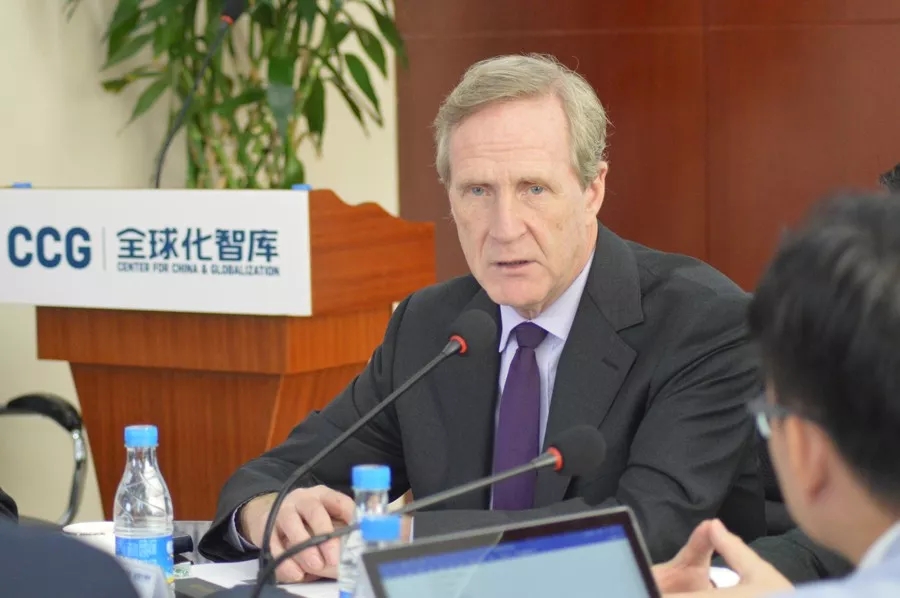
NFTC President Rufus Yerxa recognized the work of CCG in promoting China’s globalization and introduced the work of the NFTC. He emphasized that the NFTC and its members oppose the Trump administration’s use of trade actions such as the 232 investigation and expressed concern over the negative impact on US firms is such actions are expanded.
Following this, ICTSD CEO Ricardo Melendez-Ortiz shared views on reform of the WTO, saying that it is in the interests of future economic and trade development. He said that all parties should uphold the spirit of the institution while striving to find timely solutions to current trade problems.

Sun Jie, former chairman of Asset Management Association of China, stressed that Trump’s America First policies of lowering domestic taxes and raising tariffs are unsustainable, as shown in recent developments on the US stock market.
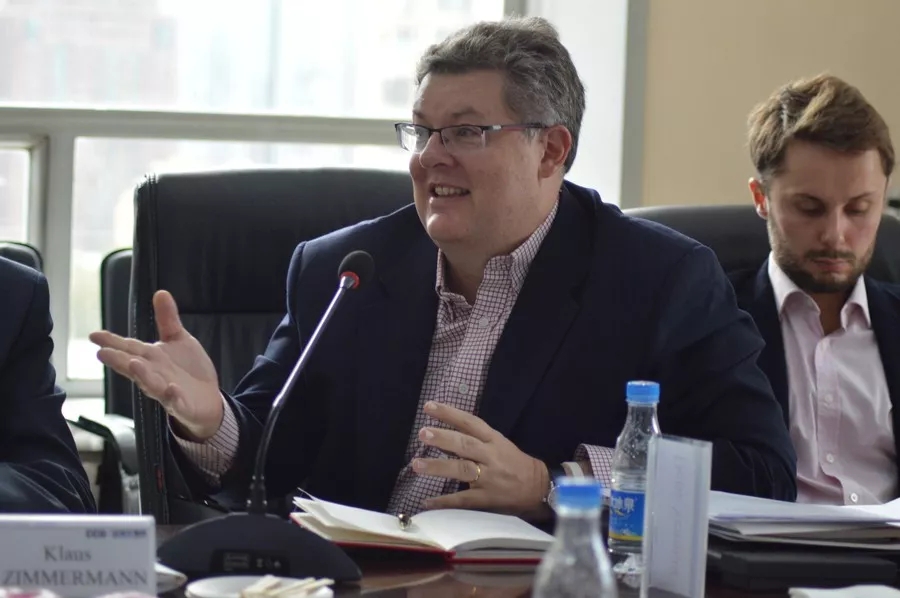
Dene YEAMAN, Economic Counsellor, Australian Embassy Beijing
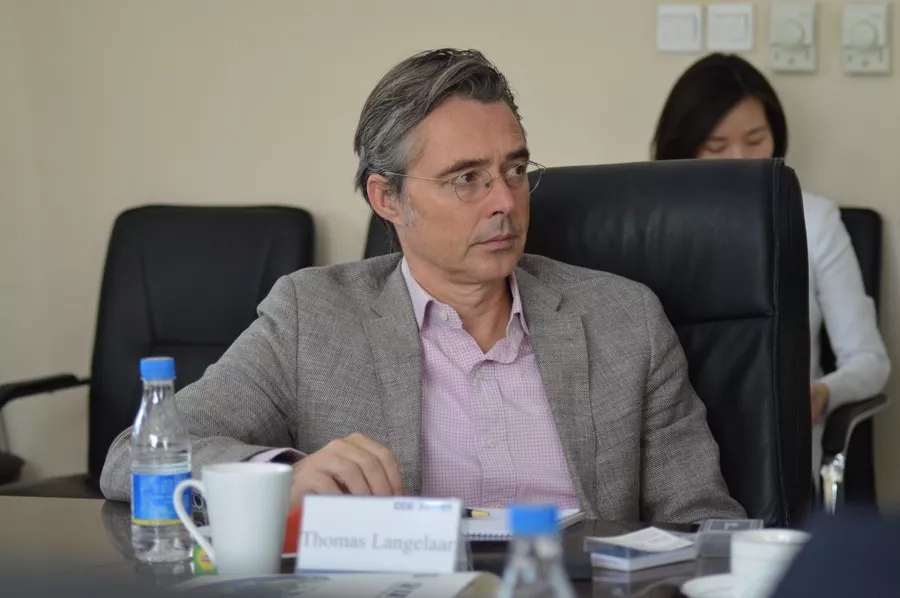
Thomas LANGELAAR, Counsellor, Trade Section, Delegation of the European Union
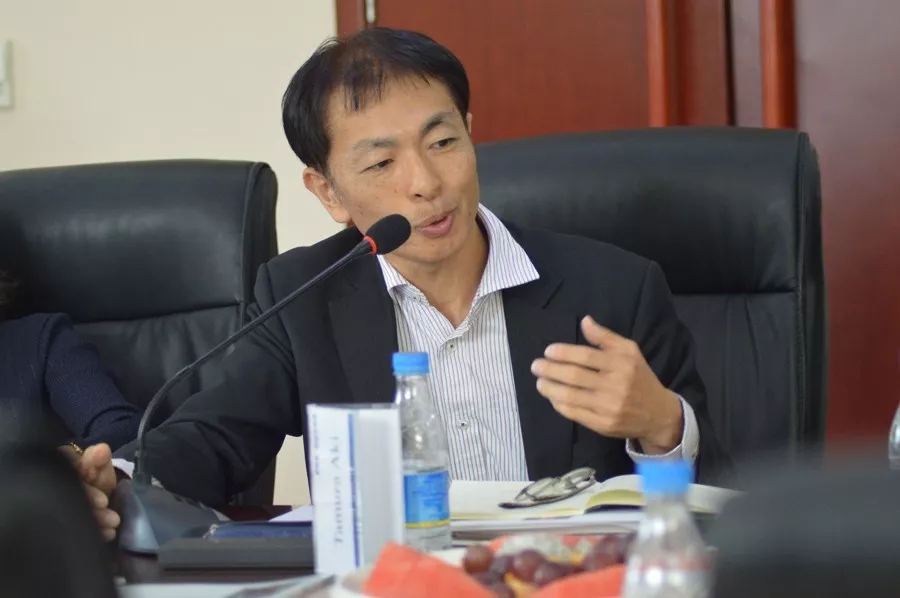
Professor Tamura Aki of the National Graduate Institute for Policy Studies (GRIPS) noted Japan’s active commitment to multilateralism and developing the CPTPP, and said that Japan should welcome China to join the regional trade agreement.
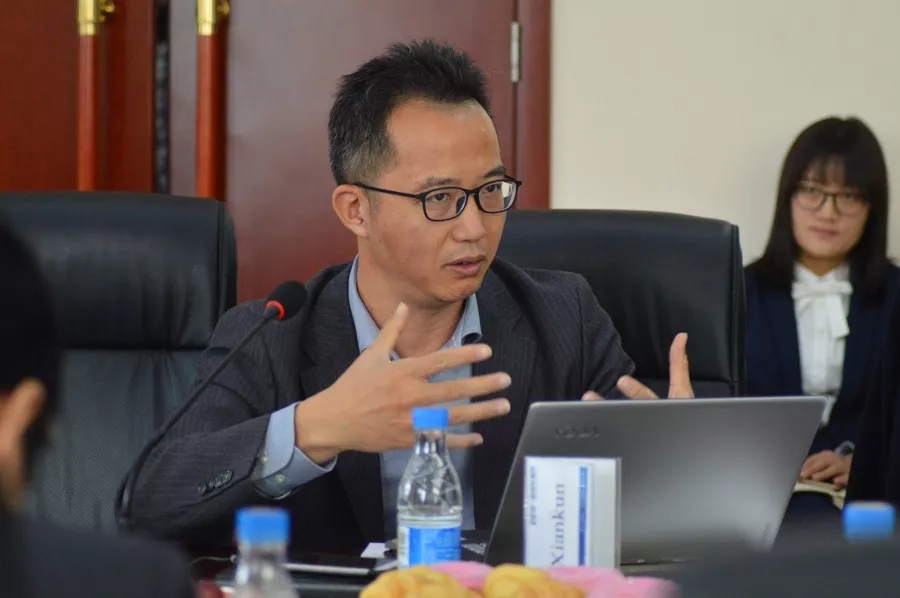
Professor Lu Xiankun, managing director of LEDECO Geneva and associate partner with the International Trade, Development, Economic Governance and Advisory Services Center (IDEAS Center), said that the US and China should keep trade and political issues separate in order to better resolve the current trade dispute.
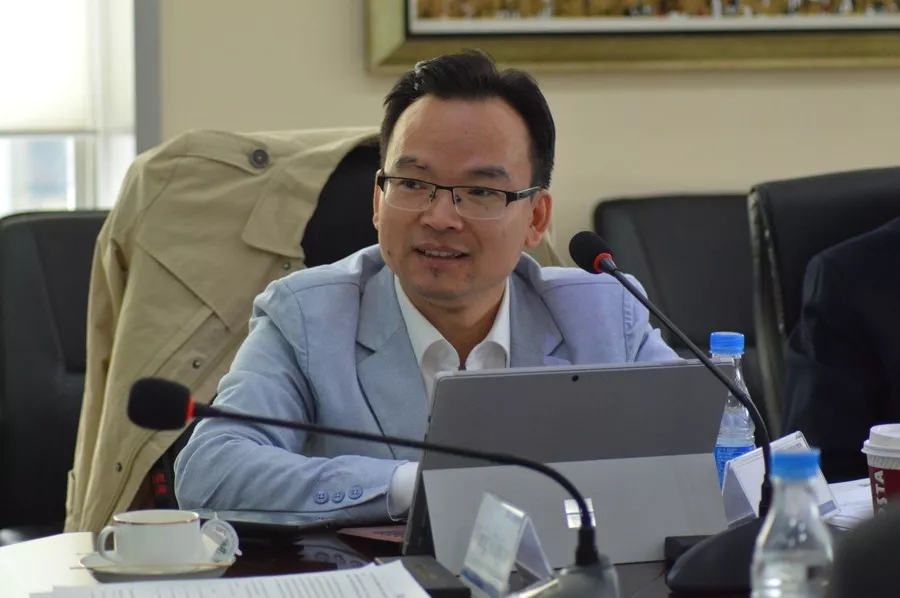
Professor Tu Xinquan, executive dean of the China Institute for WTO Studies at UIBE, said that while the US’ unilateral actions may be seen as defensive by some at home, they could create serious damage to the multilateral system.

Professor Cui Fan of the School of International Trade and Economics at UIBE noted that China’s raising of the principle of “competitive neutrality” for state-owned enterprises reflects the desire for reform, and said that WTO members should encourage the implementation of this principle.
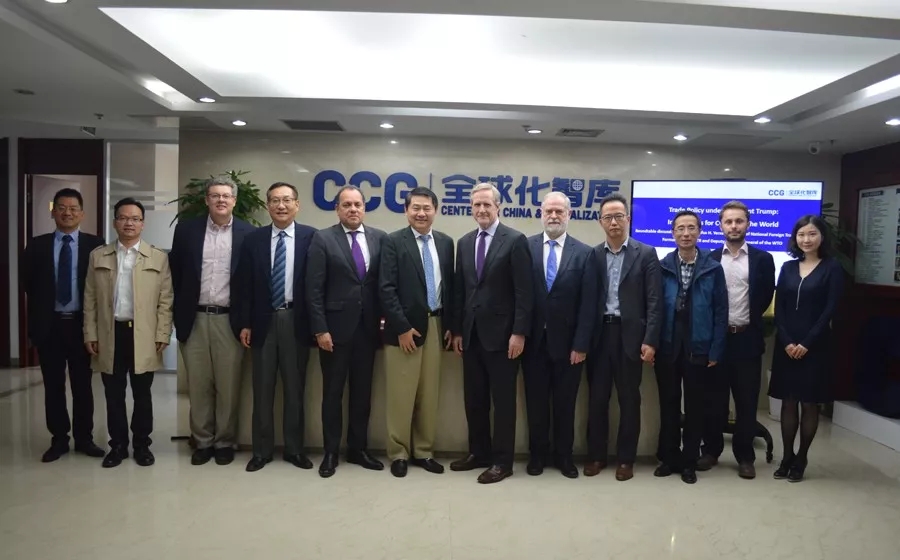
About the NFTC
The National Foreign Trade Council (NFTC) is a leading business organization advocating a rules-based world economy. Founded in 1914 by a group of American companies that supported an open world trading system, the NFTC and its affiliates now serve more than 300 member companies through offices in Washington and New York.
About CCG
The Center for China and Globalization engages in ongoing in-depth research and exchange around issues related to international relations, Sino-US relations, and global governance.
On October 17, CCG hosted a visit by Vangelis Vitalis, New Zealand Deputy Secretary for Trade and Economy, for talks on the multilateral trade system. On October 9, Dr. Richard Weitz, senior research fellow from the Hudson Institute, came to CCG to on US-China relations, global security and economic cooperation.
At the end of September, CCG set a new landmark for Track II diplomacy activities by an independent Chinese think tank with a program of nearly 20 activities to engage with several key institutions that influence the Trump administration and helped build foundations for long-term cooperation.


